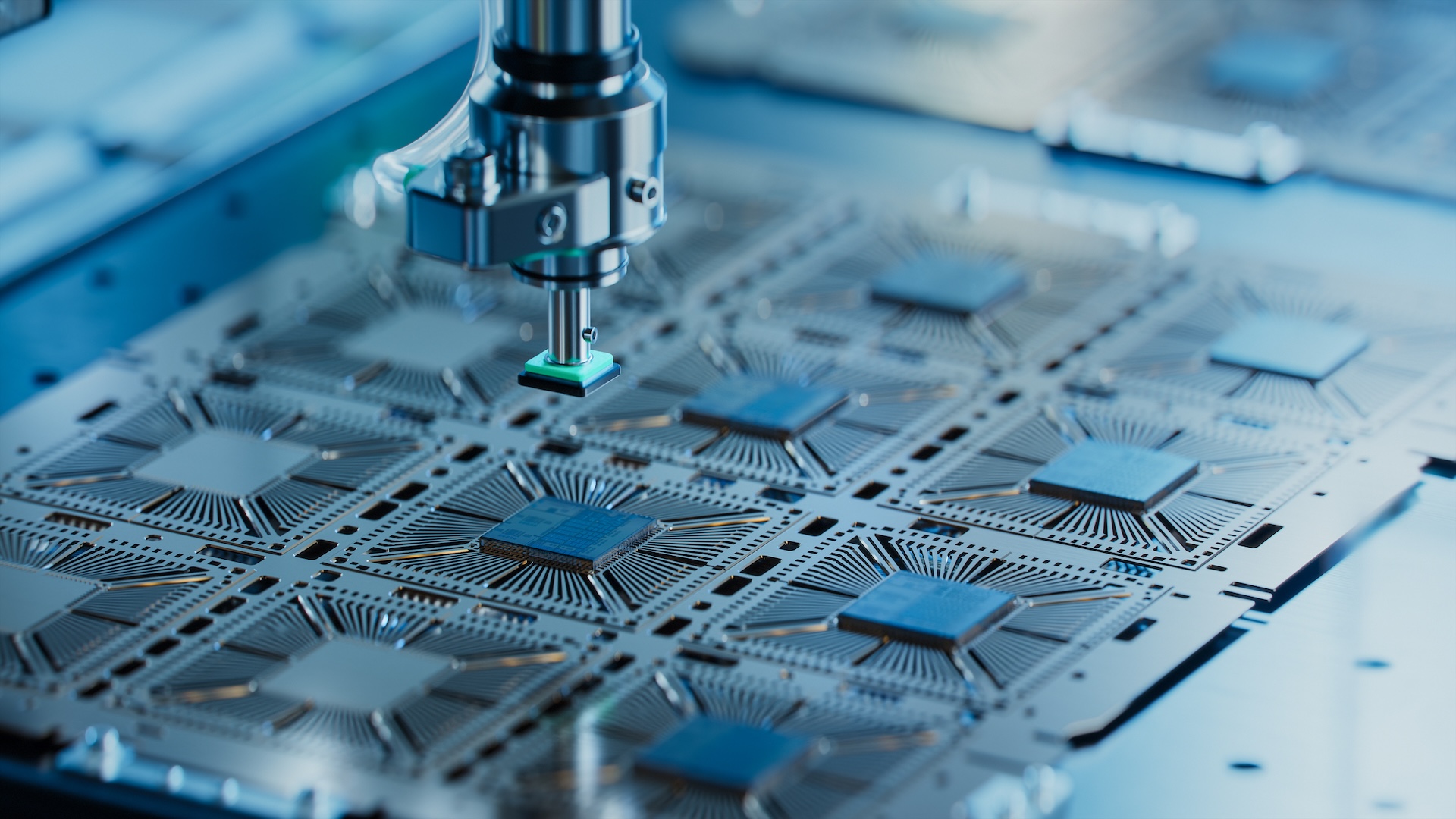Time: 2024-06-23
Researchers at Lawrence Berkeley National Laboratory (Berkeley Lab) and UC Berkeley have achieved a significant breakthrough in microcapacitor technology, setting new records in energy storage and power density. The team published their findings in the journal Nature, detailing the innovative design of microcapacitors using thin films of hafnium oxide and zirconium oxide. These films are grown using standard materials and techniques from industrial chip fabrication. The results have exceeded expectations, with the new microcapacitors boasting nine times higher energy density and 170 times higher power density compared to existing capacitors.

The key advantage of storing energy locally on-chip is the reduction in power transfer losses between components. This has not been feasible in the past due to the limited energy storage capacity of small capacitors. Capacitors store energy in an electric field between two metallic plates separated by a dielectric material, unlike batteries that rely on electrochemical reactions for energy storage. The fast discharge and recharge capabilities of capacitors make them ideal for applications such as Internet-of-Things sensors, edge computing systems, and AI devices.
The potential impact of this technology extends to various electronic devices, including phones, sensors, personal computers, and more. By seamlessly integrating energy storage and power delivery on-chip in small sizes, the microcapacitors could revolutionize the efficiency and performance of electronic devices. Smaller and more efficient devices are on the horizon, thanks to the advancements in microcapacitor technology.
The research conducted by Berkeley scientists has opened up new possibilities for energy technologies in the realm of microelectronics. The unexpected success in energy and power density could pave the way for the development of more efficient devices with enhanced power efficiency. With the continuous evolution of electronic components and microchip technology, the integration of microcapacitors could lead to significant improvements in battery life and overall device performance.
In a world where clean energy solutions are becoming increasingly vital, innovations like microcapacitors offer a promising path towards sustainability and efficiency. By focusing on improving energy storage and power delivery at the microchip level, researchers are contributing to the advancement of clean energy technologies. The ongoing efforts to enhance battery technology and develop more environmentally friendly energy solutions are essential steps towards reducing air pollution and combatting climate change. As the demand for efficient electronic devices grows, the role of microcapacitors in enhancing energy storage capabilities becomes even more significant.